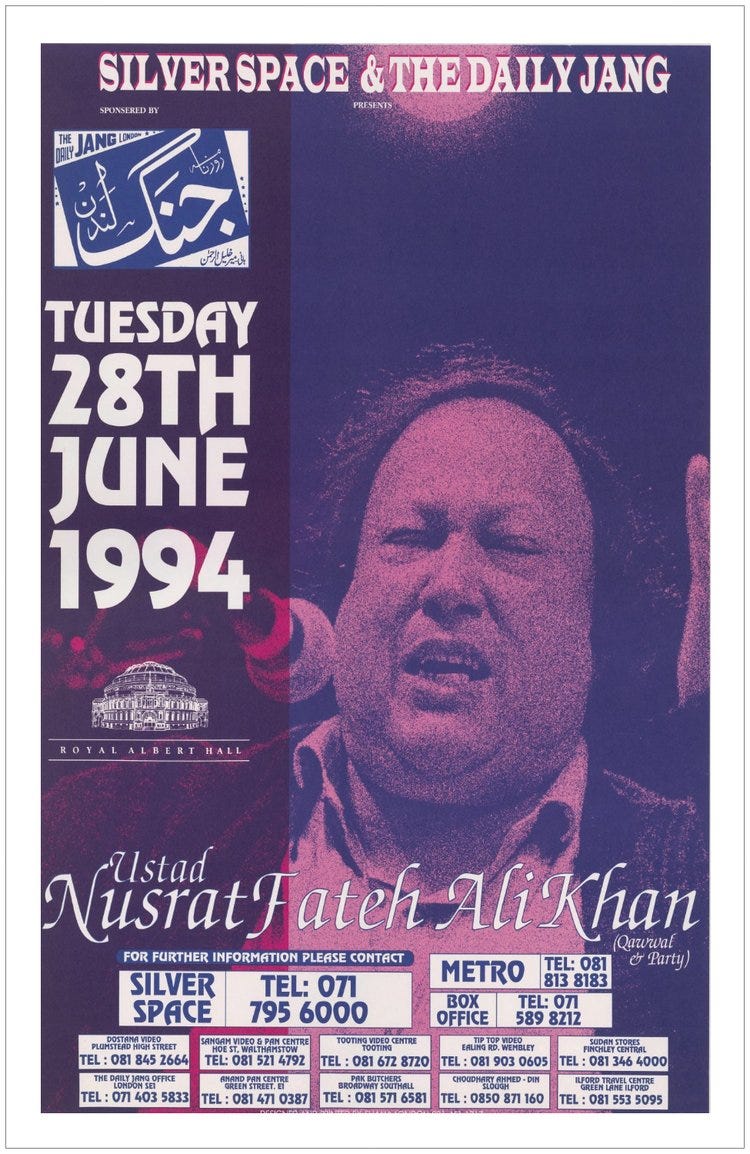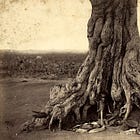In Britain’s Classrooms, Colonial History is Still Written By The Victors
Words by Dr. Kulvinder Nagre
Welcome to the Brown History Newsletter. If you’re enjoying this labor of love, please do consider becoming a paid subscriber. Your contribution would help pay the writers and illustrators and support this weekly publication. If you like to submit a writing piece, please send me a pitch by email at brownhistory1947@gmail.com.
Don’t forget to check out our SHOP and our Podcast.

Recommended Reads:
In Britain’s Classrooms, Colonial History is Still Written By The Victors
You know that old saying, ‘history is written by the victors’? I’ve long been fascinated by just how deep their authorship runs. How many decades – centuries, even – after victory, does their version of history continue to be taught, circulated, and believed? How long after being thoroughly debunked do these stories get repeated, reprinted, and reinforced—insisting on the victors’ greatness, their benevolence, and their right to frame the past?
These questions led me to pursue a PhD in critical heritage studies, which I completed a few years ago. My research focused on how British imperialism continues to shape the way world history is discussed in the UK, and how those discussions take form. I conducted surveys and interviews with members of the public and academics, and analyzed a wide range of material – from academic research and historical films and TV shows to the content of the secondary school history curriculum.
But it was the textbooks themselves that struck me the most.







